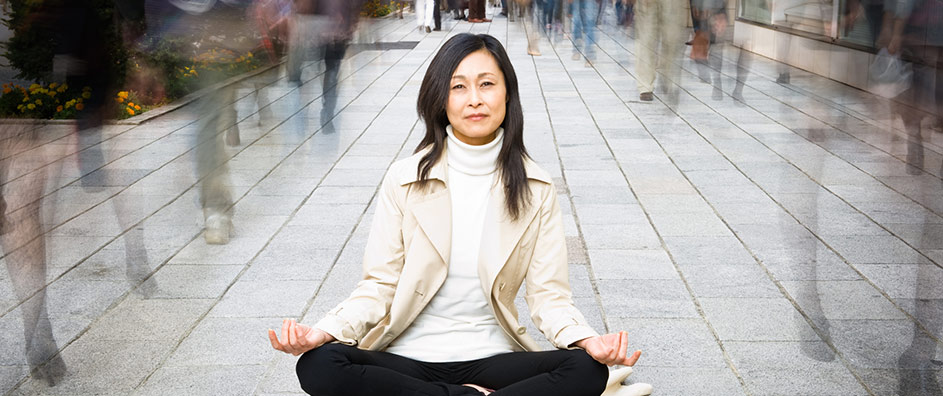In our increasingly fast-paced and tumultuous world, the notion of patience has often been sidelined. It begs the question: can we truly cultivate a virtue that demands time and restraint in such an immediacy-driven society? The Bahá’í teachings provide illuminating insights on this perennial topic, indicating that patience transcends mere endurance; it embodies a distinct strength emblematic of spiritual growth and maturity. Exploring the Bahá’í perspective on patience reveals not only its intrinsic value but also its role as an essential virtue suitable for the contemporary age.
To begin, one must understand the philosophical underpinnings of patience within the Bahá’í framework. Patience is defined not merely as the ability to withstand challenges but is more fully recognized as the capacity to remain steadfast and composed in the face of adversity. This virtue is emphasized in Bahá’í scriptures, which encourage followers to nurture it as a means of attaining inner tranquility and fostering relationships based on understanding and compassion. This emphasis illustrates that patience serves as a conduit through which unity and connection can flourish among individuals and communities alike.
One striking aspect of Bahá’í teachings is their insistence on patience as an active, rather than passive, endeavor. Active patience entails engaging with life’s trials and tribulations constructively. It is not simply waiting in discontent; rather, it represents a dynamic process where individuals consciously cultivate resilience and a positive attitude while anticipating the eventual resolution of their challenges. This nuanced understanding positions patience as not merely a waiting game but as an integral component of personal evolution and spiritual enlightenment.
In a world rife with incessant distractions and cultural demands for instant gratification, the embodiment of patience becomes an exigent challenge. The immediacy of our desires can often overshadow the quieter, more profound aspects of existence. The Bahá’í writings advocate for leveraging moments of stillness and reflection, suggesting that through these practices, individuals can cultivate a deeper connection with their spiritual selves and the essence of patience. This call to stillness serves as a stark reminder that not all virtues flourish in the face of chaos; many mature in the crucible of patience.
Moreover, the teachings articulate the interconnectedness of patience and other virtues, such as humility and love. As one endeavors to practice patience, they inherently develop a greater sense of humility by recognizing the limitations of their own understanding and the unpredictable nature of life. This humility often fosters an increased capacity for compassion, enabling individuals to support others who may be experiencing their own trials. The exploration of this synergy among virtues underscores the holistic nature of Bahá’í teachings—each virtue enrichening the other, ultimately cultivating a more harmonious existence.
Consider the transformative power of patience within interpersonal relationships. It is often said that patience is a virtue found in the best of friendships and familial bonds. As individuals navigate conflicts and misunderstandings, the practice of patience allows for the mitigation of resentment and enhances the possibility of reconciliation. In Bahá’í communities, fostering relationships built on patience serves as a catalyst for collective growth. By modeling this virtue, individuals not only elevate their own spirits but also contribute to a culture of unity within their communities.
Furthermore, patience can be perceived as a form of faith—faith in oneself, in others, and in the unfolding of the universe’s inherent wisdom. The Bahá’í perspective holds that trust in divine timing is essential for spiritual growth. This faith enables individuals to embrace patience during tumultuous periods, reinforcing the belief that every trial brings with it the potential for enlightenment and evolution. In this light, patience becomes not a passive acceptance of hardship but an active trust in the cosmic order that governs all existence.
In considering societal implications, the Bahá’í teachings propose that patience is not only relevant on an individual level but also essential for the progress of civilization. In a world often divided by discord and strife, patience may serve as the bridge to resolution and reconciliation. Embracing patience at a communal level encourages constructive dialogue and collaborative efforts toward achieving common goals. The cultivation of a patient society fosters the development of inclusive environments where diverse perspectives are valued and harmonious coexistence can thrive.
As we endeavor to synthesize these teachings into our contemporary lives, we are presented with a salient challenge: how can one meaningfully incorporate patience into a culture that seems antithetical to this virtue? The answer lies in the quiet, persistent practice of intentionally pausing, reflecting, and grounding ourselves amidst the frenetic energy that permeates modern life. This evolution necessitates a commitment to becoming practitioners of patience—a journey that, while fraught with trials, ultimately leads to a more profound understanding of oneself and one’s place within the world.
In conclusion, the Bahá’í teachings on patience serve as a powerful reminder that this virtue is not merely an abstract ideal but a pragmatic approach to life. It calls for sustained effort, nurturing during times of adversity, and a commitment to collective growth. As we traverse the challenges of the present age, may we find solace in the knowledge that patience is not just a virtue; it is, indeed, a transformative force capable of shaping our lives and communities for the better.
